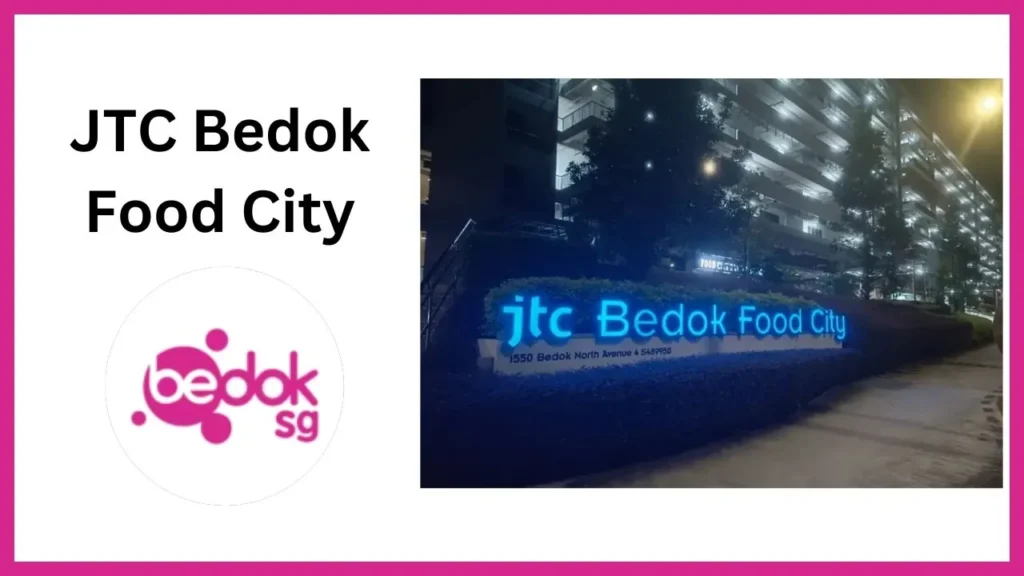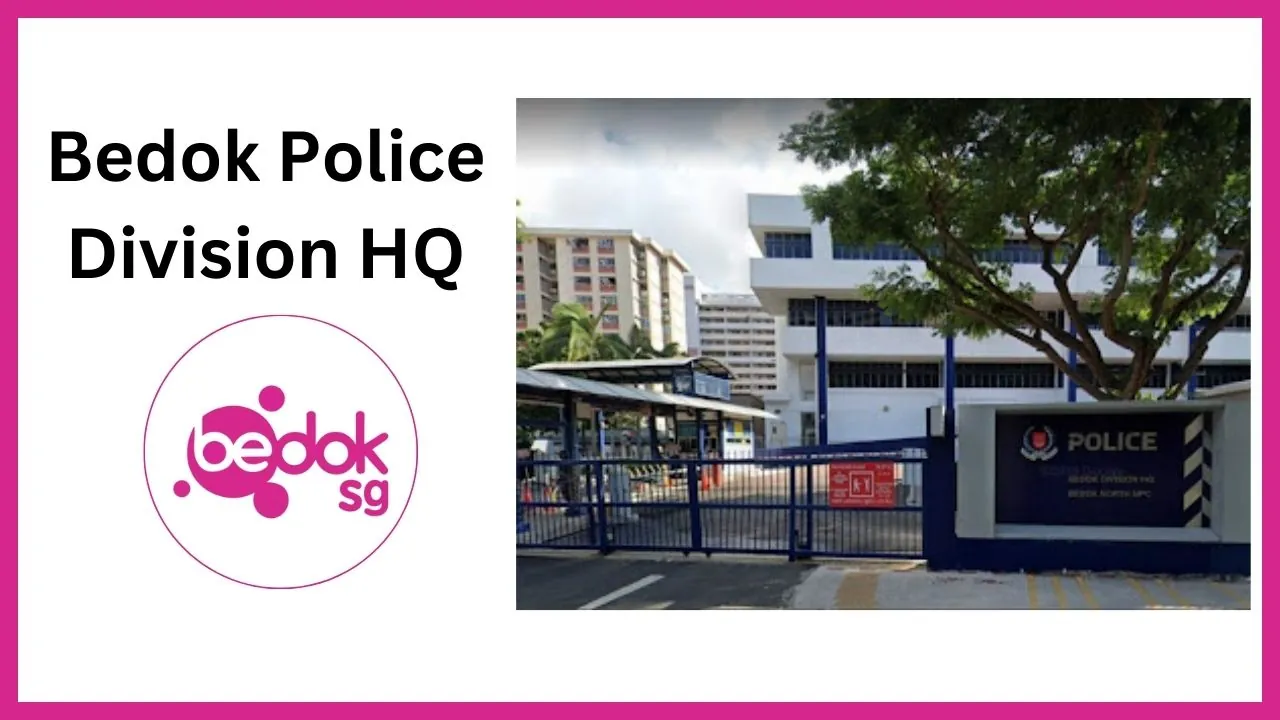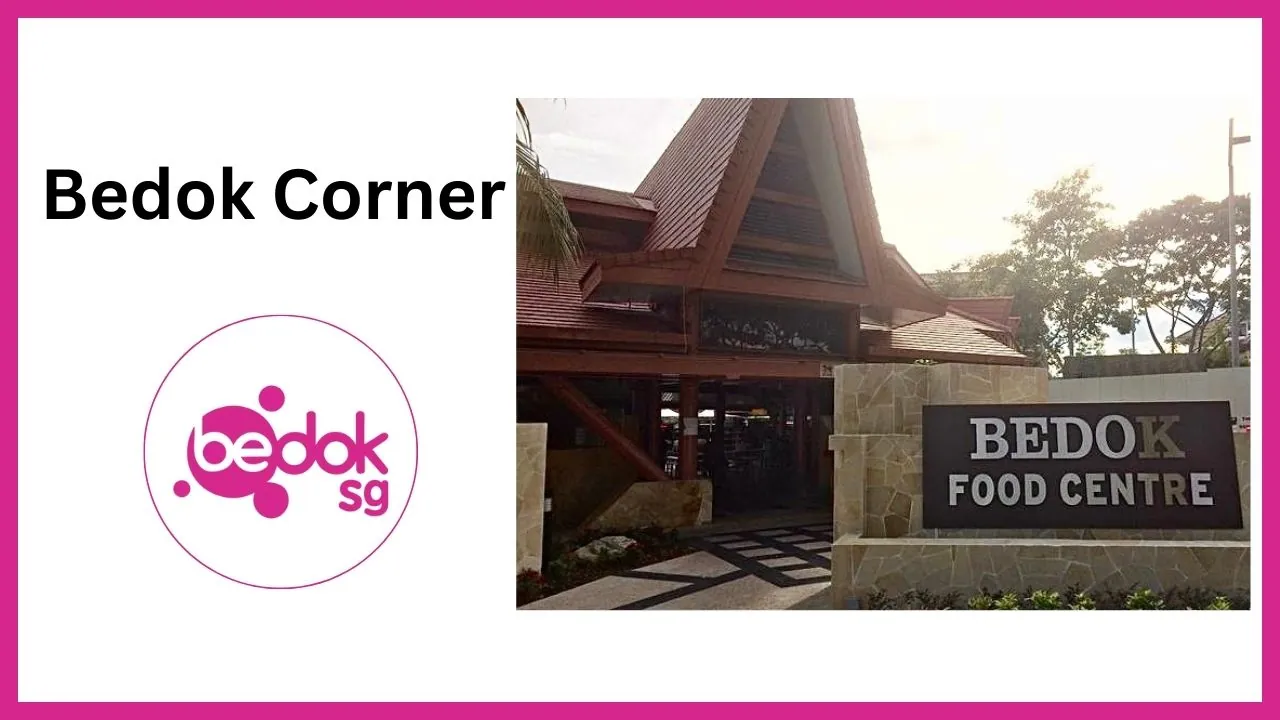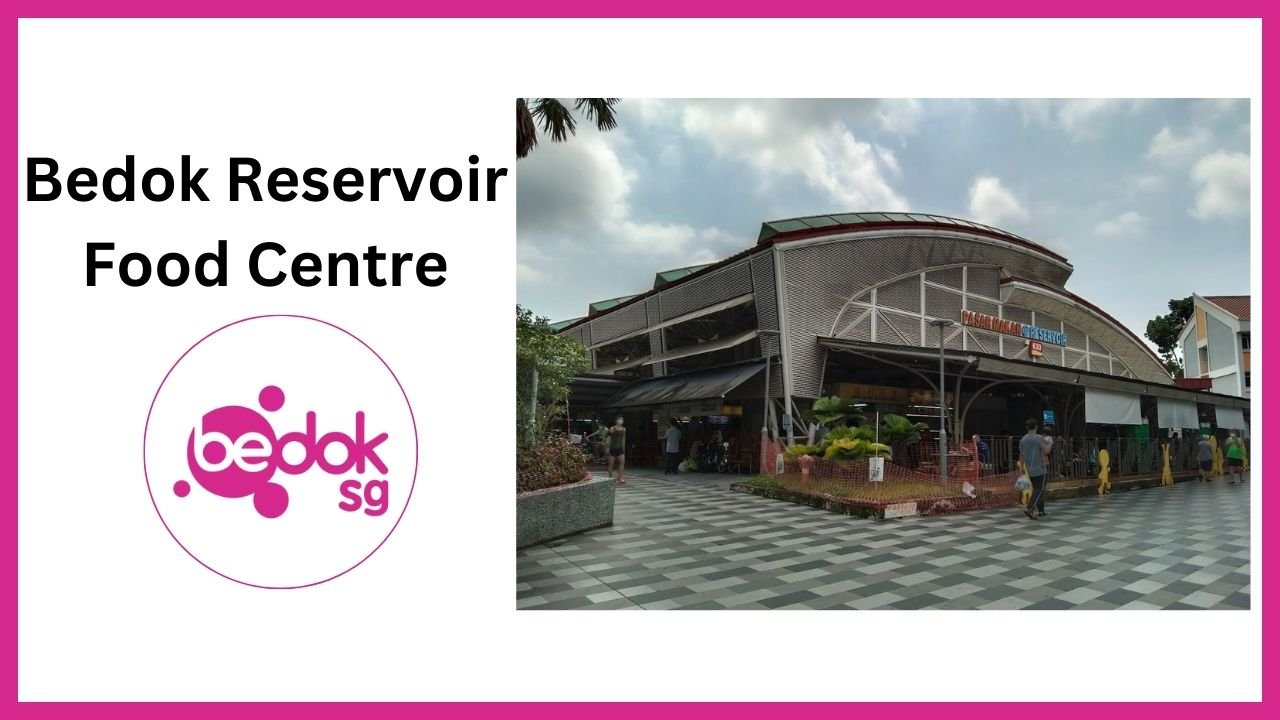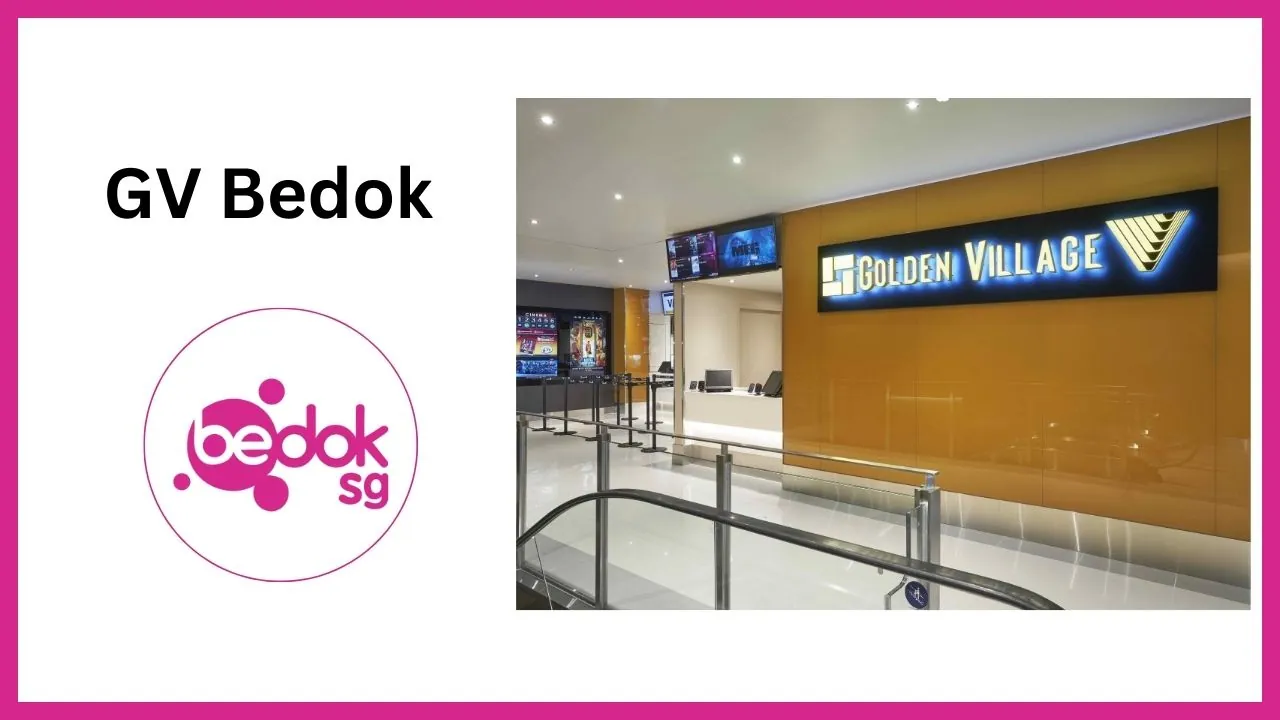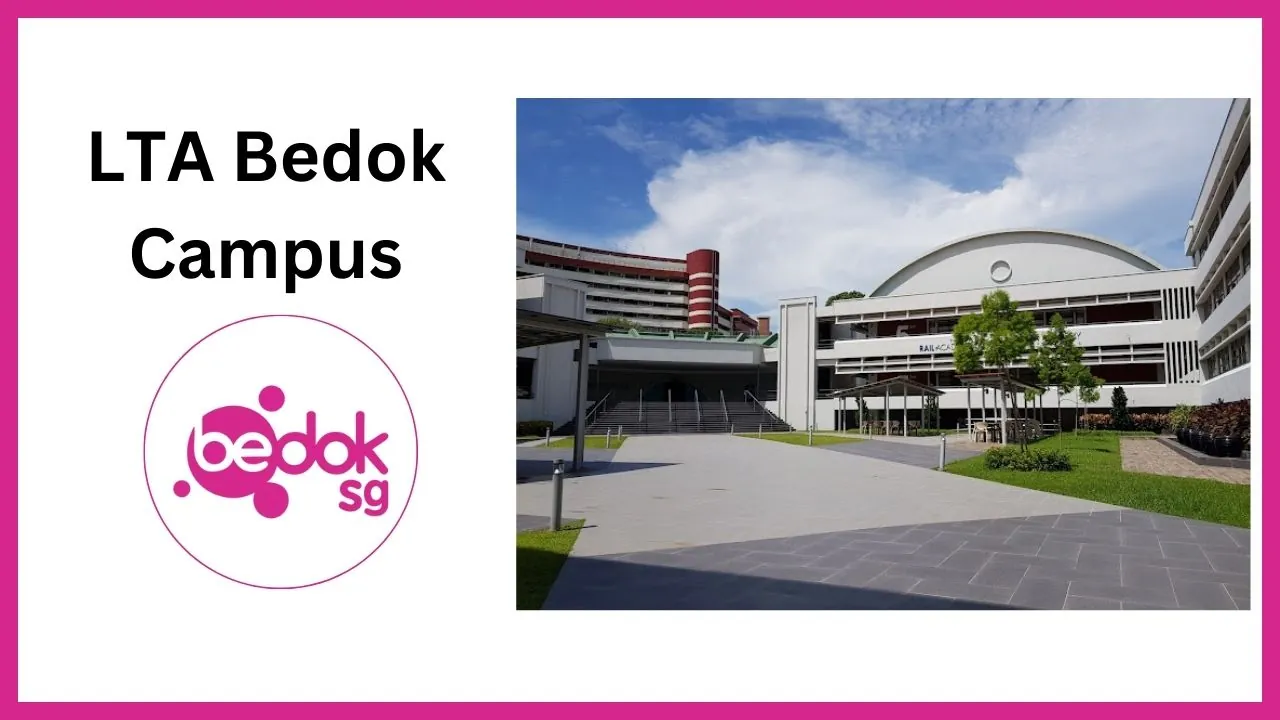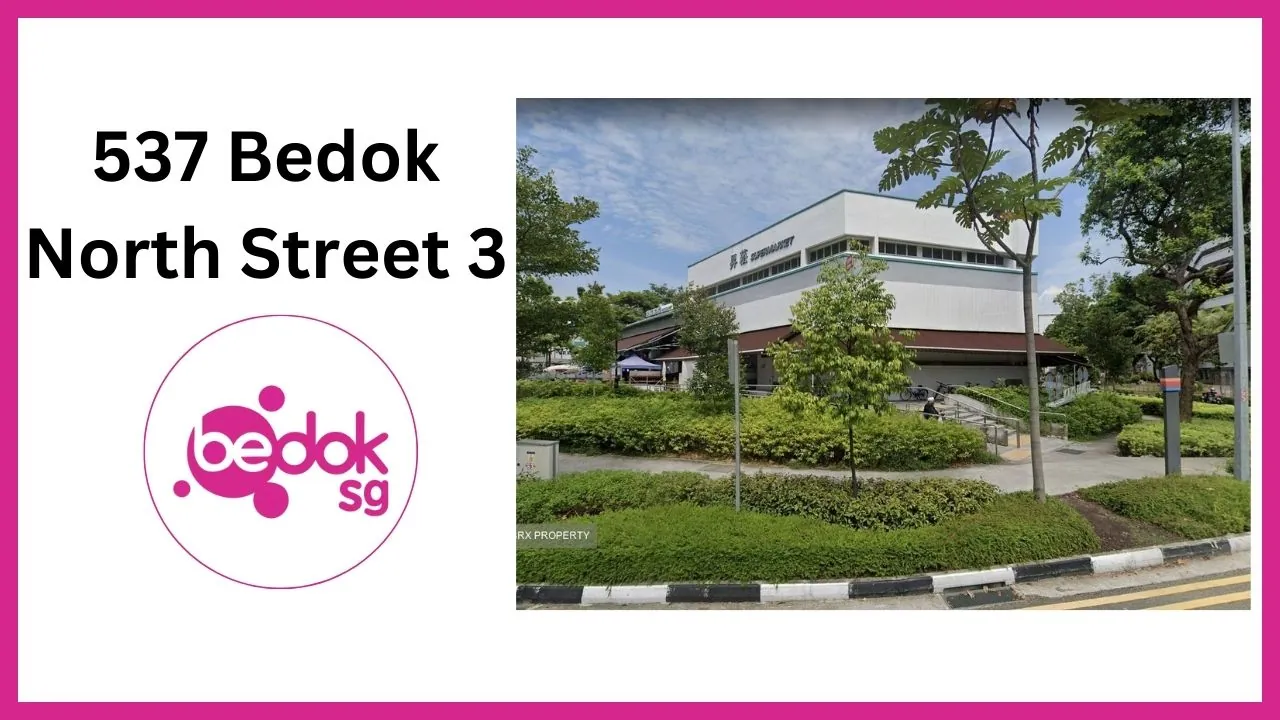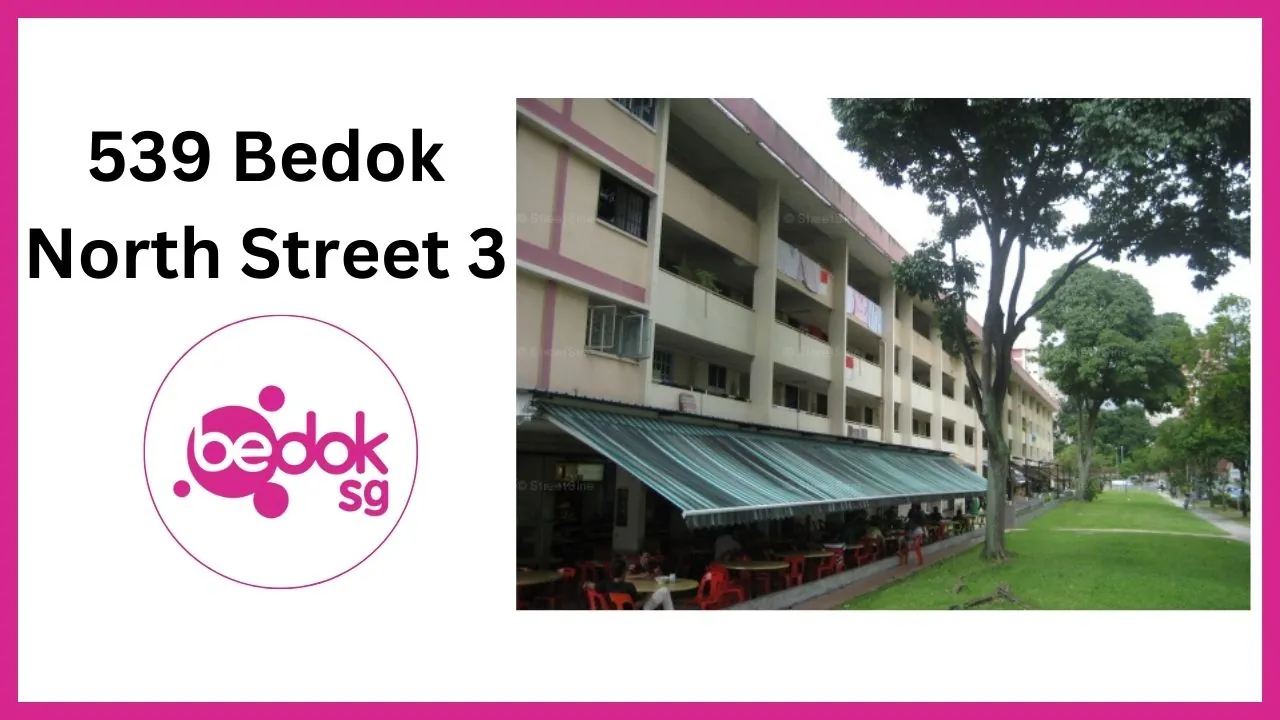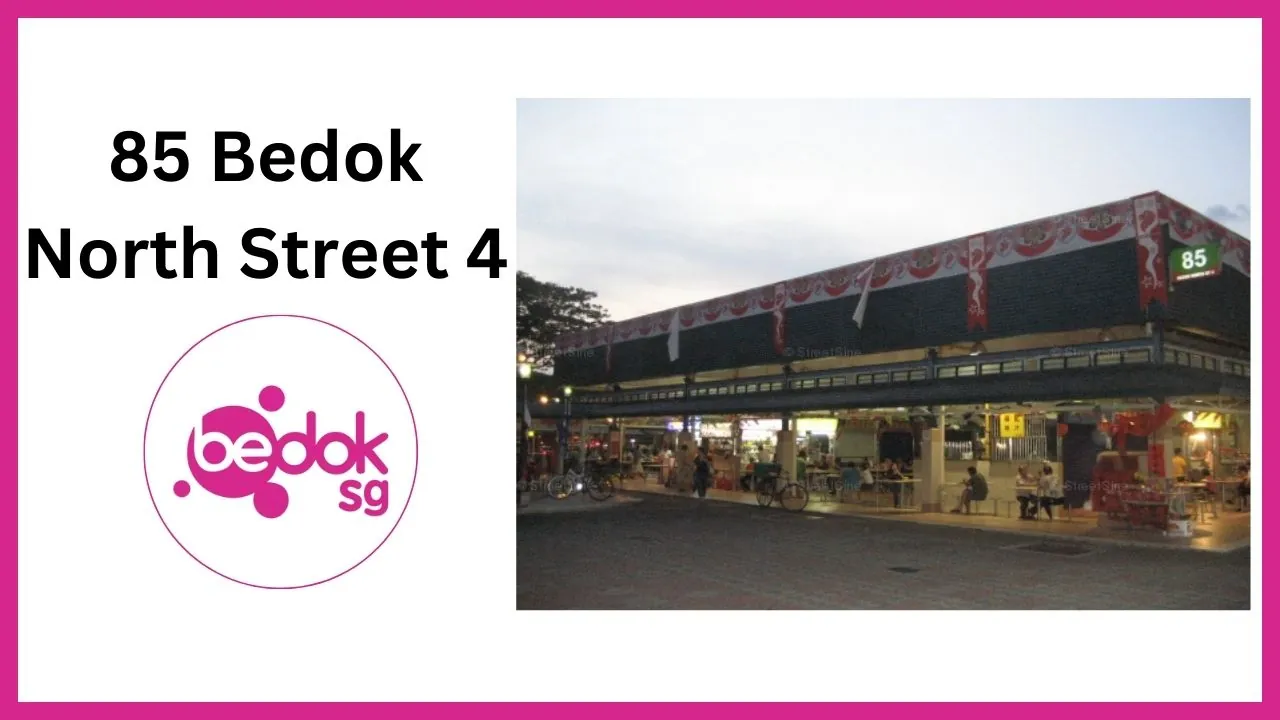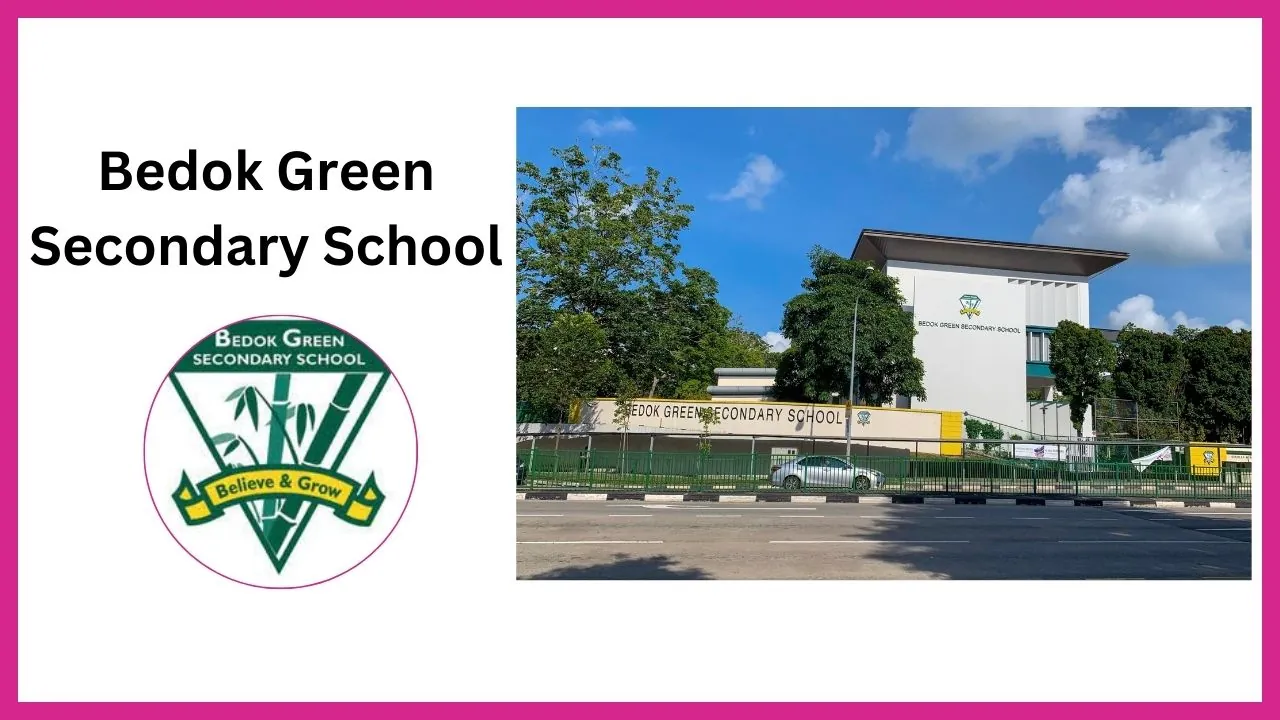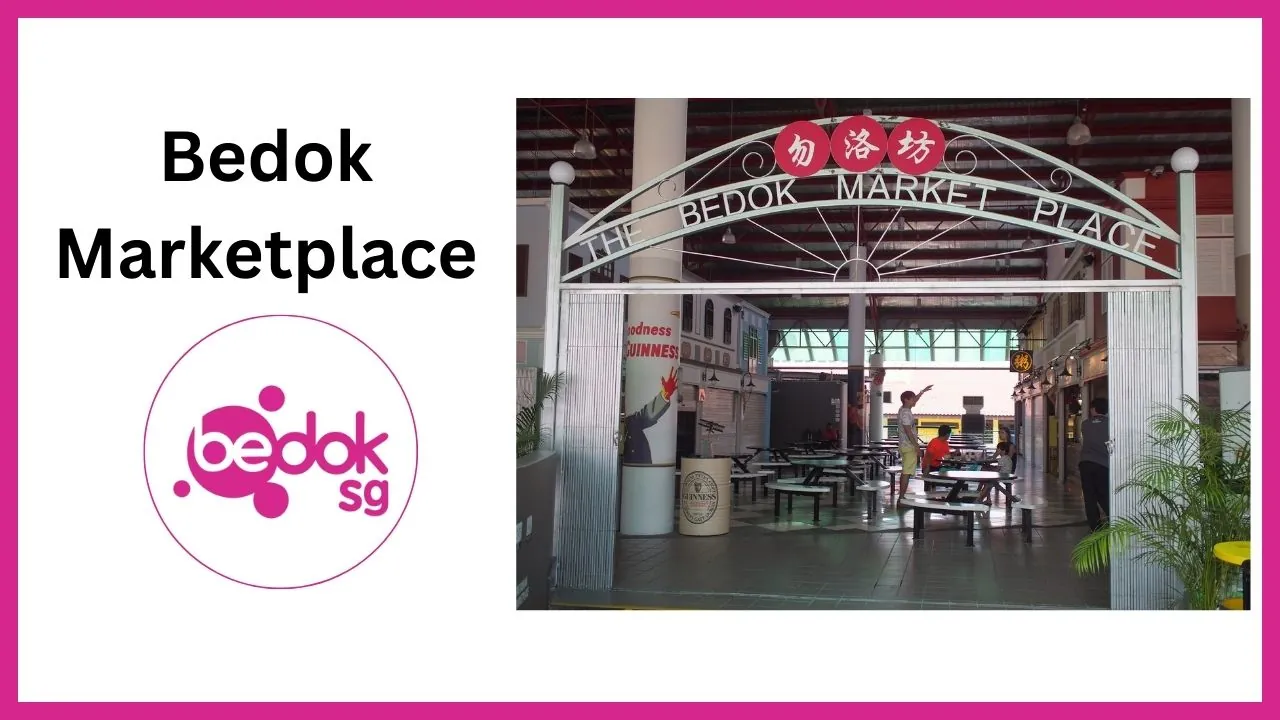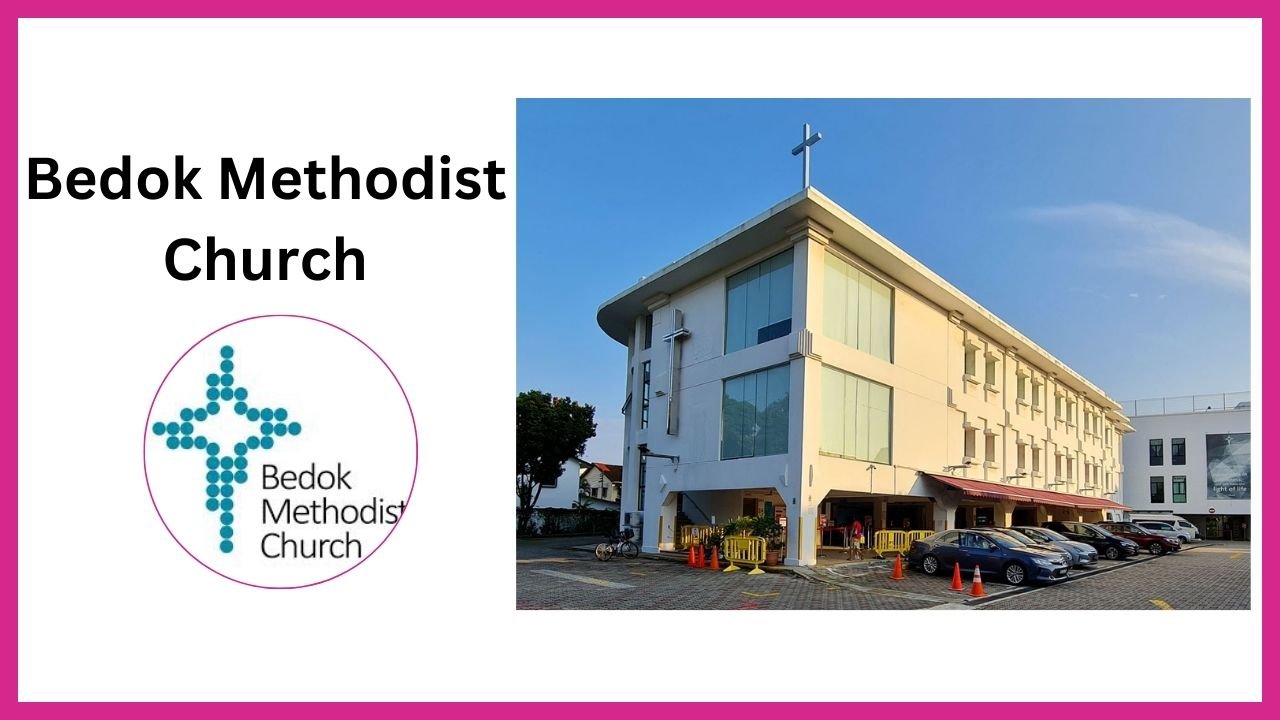JTC Bedok Food City stands as one of Singapore’s most innovative developments tailored to the evolving needs of the food manufacturing and logistics industry. Purpose-built by JTC Corporation, this modern industrial hub offers a sustainable, integrated environment for food-related businesses to thrive in a highly regulated and land-scarce city-state. As Singapore continues to strengthen its food resilience and sustainability, JTC Bedok Food City plays a pivotal role in facilitating efficient production, cold chain logistics, and secure food storage. In this comprehensive guide, we explore everything you need to know about what makes JTC Bedok Food City an essential part of the country’s industrial and food supply chain landscape. Located near key industrial roads such as Bedok South Road, JTC Bedok Food City enjoys seamless connectivity within Singapore’s vibrant east-side manufacturing zone.
| Information | Details |
|---|---|
| Address | JTC Bedok Food City, 1550 Bedok North Avenue 4, Singapore 489950 |
| Opening Hours |
Mon–Fri: 8:30 AM – 6:00 PM Sat: 8:30 AM – 1:00 PM Sun & PH: Closed (unless operated by specific tenants) |
| Nearest MRT Station | Bedok North MRT Station (DT29) – ~10 minutes by bus or 5 minutes by taxi |
| Nearest Bus Services | Bus services: 5, 18, 28, 67, 69, 168 along Bedok North Avenue 4 & Street 5 |
| Driving Access | Via Pan Island Expressway (PIE) or East Coast Parkway (ECP) |
| Parking | Available for private cars, motorcycles, and heavy vehicles on-site |
| Cycling Access | Bike-friendly with designated parking areas inside the compound |
Table of Contents
ToggleWhat Is JTC Bedok Food City?
JTC Bedok Food City is a dedicated multi-tenanted food production facility designed for businesses involved in food processing, manufacturing, packaging, and cold chain logistics. This state-of-the-art development is equipped with specialized features to meet stringent hygiene, temperature control, and workflow requirements of the food industry. Unlike general-purpose industrial buildings, JTC Bedok Food City was created with a clear vision—to provide food businesses with infrastructure that supports high productivity, sustainable operations, and regulatory compliance. Whether you are a local food SME, an MNC, or a startup scaling up production, the facility supports a variety of operational needs with its well-thought-out layouts and shared amenities. With corporate hubs like NCS Bedok in close proximity, the Bedok business district continues to attract major players in both the tech and food manufacturing sectors.
Supporting Singapore’s Food Security Strategy
Singapore imports over 90% of its food, making food security a top priority. With threats from climate change, supply chain disruptions, and rising global food prices, it is crucial for the country to strengthen its domestic food supply chain.
JTC Bedok Food City contributes to this effort by:
Centralizing food production and storage
Improving efficiency through shared logistics
Providing scalable space for SMEs and larger enterprises
Reducing waste through sustainable operations
These capabilities directly support Singapore’s “30 by 30” goal—a national strategy to produce 30% of the country’s nutritional needs locally by 2030.
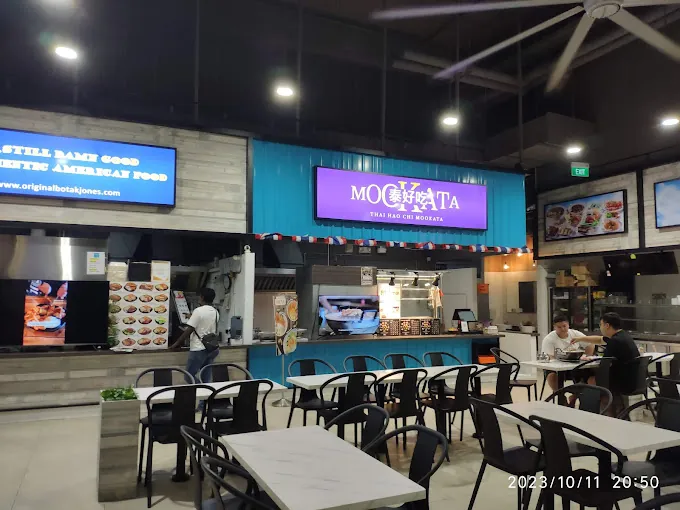
Why Businesses Choose JTC Bedok Food City
There are several reasons why companies in the food manufacturing and distribution sectors are relocating or expanding into JTC Bedok Food City. Here are the most notable benefits:
Industry-Specific Design
Every floor and unit within JTC Bedok Food City has been engineered for food industry use. Units are designed with high floor load capacities, grease-proof flooring, and dedicated ventilation systems. The infrastructure also supports installations like cold rooms, blast chillers, and other processing equipment.
Separation of Halal and Non-Halal Production
In Singapore’s multicultural environment, halal compliance is critical for many food businesses. JTC Bedok Food City allows for the segregation of halal and non-halal zones, enabling companies to meet certification requirements more easily and avoid cross-contamination.
Vertical Integration for Space Optimization
To overcome land constraints, JTC Bedok Food City employs a vertical layout model. Food companies can operate across multiple floors—processing on one level, packaging on another, and storing finished goods above or below. This multi-storey approach helps optimize space while maintaining efficient workflows.
Shared Logistics and Facilities
Instead of investing in standalone infrastructure, tenants benefit from:
Shared loading and unloading bays
Cold chain logistics support
Centralized waste disposal systems
24/7 security and CCTV surveillance
Shared logistics not only reduce capital expenditure but also promote collaboration among businesses in similar fields.
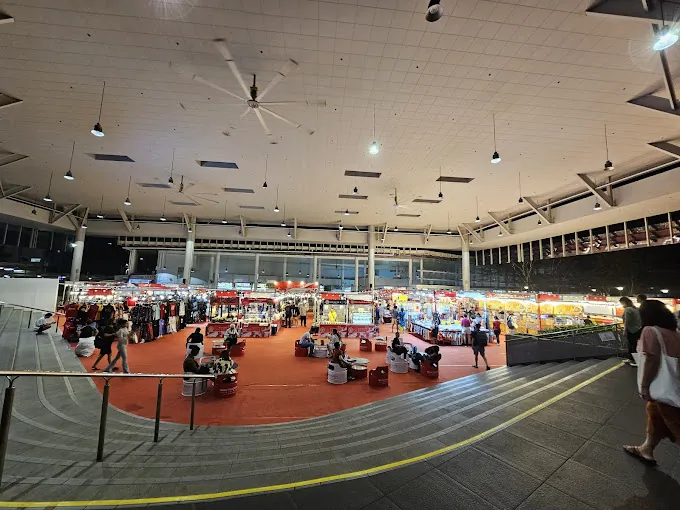
Sustainability at the Core
JTC Bedok Food City is built with sustainability in mind. With the food industry being a major contributor to waste and energy consumption, it’s essential that facilities like this are equipped with green features.
Key sustainability highlights include:
Energy-efficient lighting and ventilation systems
Rainwater harvesting mechanisms
Solar-ready rooftops
Environmentally friendly waste management systems
These eco-friendly initiatives help reduce the environmental impact of food manufacturing while also lowering utility costs for tenants.
Cold Chain Logistics Capabilities
Temperature-sensitive products such as dairy, seafood, meat, and ready-to-eat meals require robust cold chain logistics. JTC Bedok Food City is equipped to handle such needs with:
Temperature-controlled storage areas
Blast freezers and chillers
Insulated delivery docks
Real-time temperature monitoring systems
This ensures food safety and freshness throughout the supply and distribution process, making the facility ideal for local and regional food logistics operations.
Flexible Leasing and Scalability
One of the biggest advantages of JTC Bedok Food City is its flexible leasing structure. Companies at different growth stages—whether startups or established MNCs—can find units that match their size and production requirements.
The availability of:
Small modular units for emerging food brands
Medium units for scaling businesses
Larger multi-unit configurations for anchor tenants
…allows businesses to expand seamlessly within the same facility as their operations grow.
Technology and Smart Features
Digitalization is transforming the food manufacturing sector, and JTC Bedok Food City is designed to support that transformation. The facility is built to accommodate smart factory features, including:
Real-time production monitoring systems
Automated storage and retrieval systems (AS/RS)
Internet of Things (IoT) sensors for food quality tracking
Cloud-based inventory management tools
These capabilities empower food businesses to embrace Industry 4.0, reduce labor dependency, and boost efficiency.
Final Words
JTC Bedok Food City is more than just a physical space—it is a critical infrastructure supporting Singapore’s food ecosystem. By providing specialized, sustainable, and flexible spaces for food businesses, it helps address some of the most pressing challenges in food production, safety, and supply chain management. From SMEs to multinational corporations, any company looking to thrive in Singapore’s food manufacturing and distribution industry should seriously consider the advantages offered by JTC Bedok Food City.

